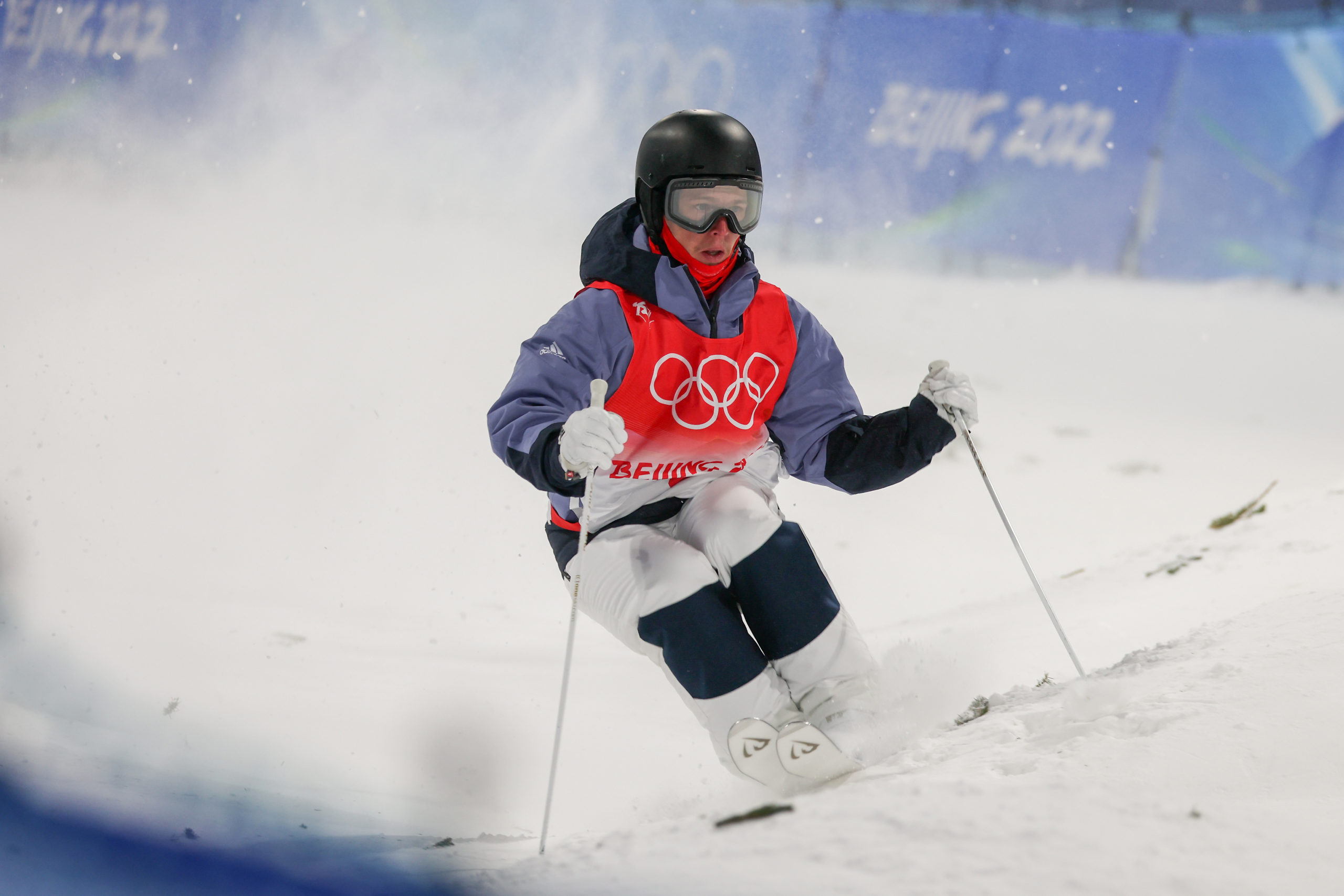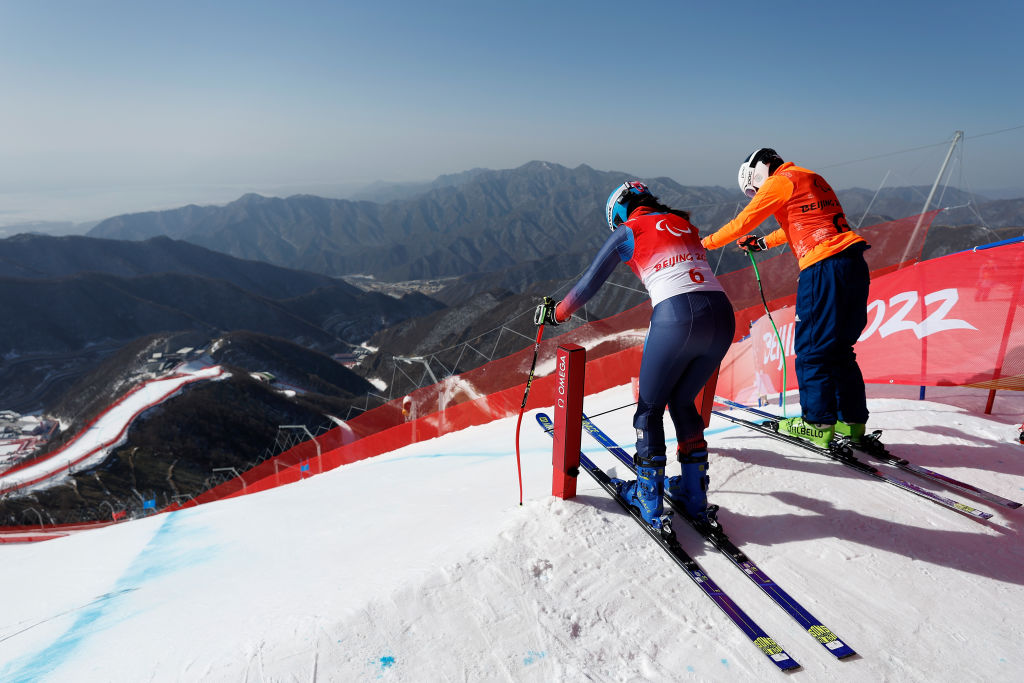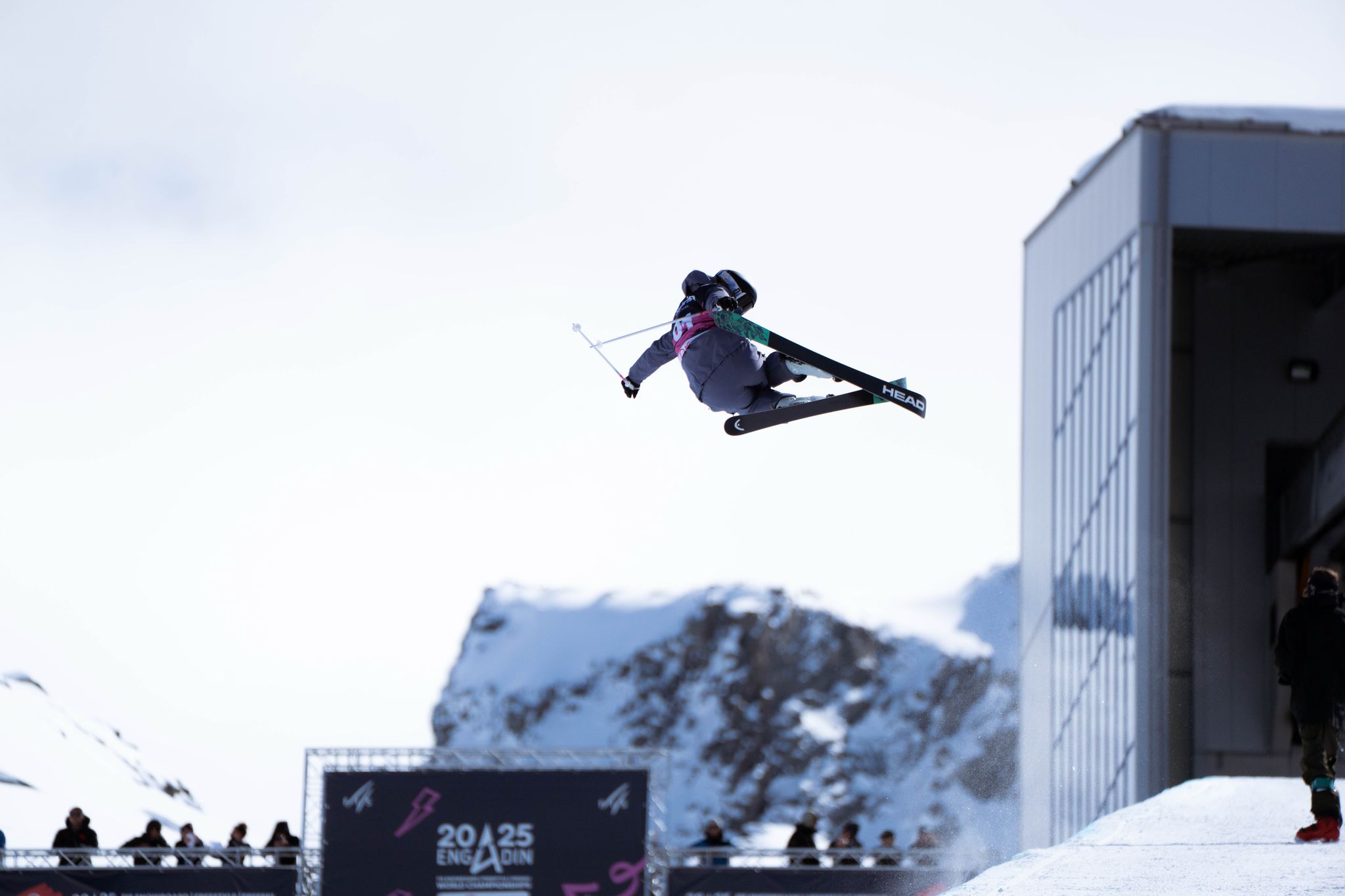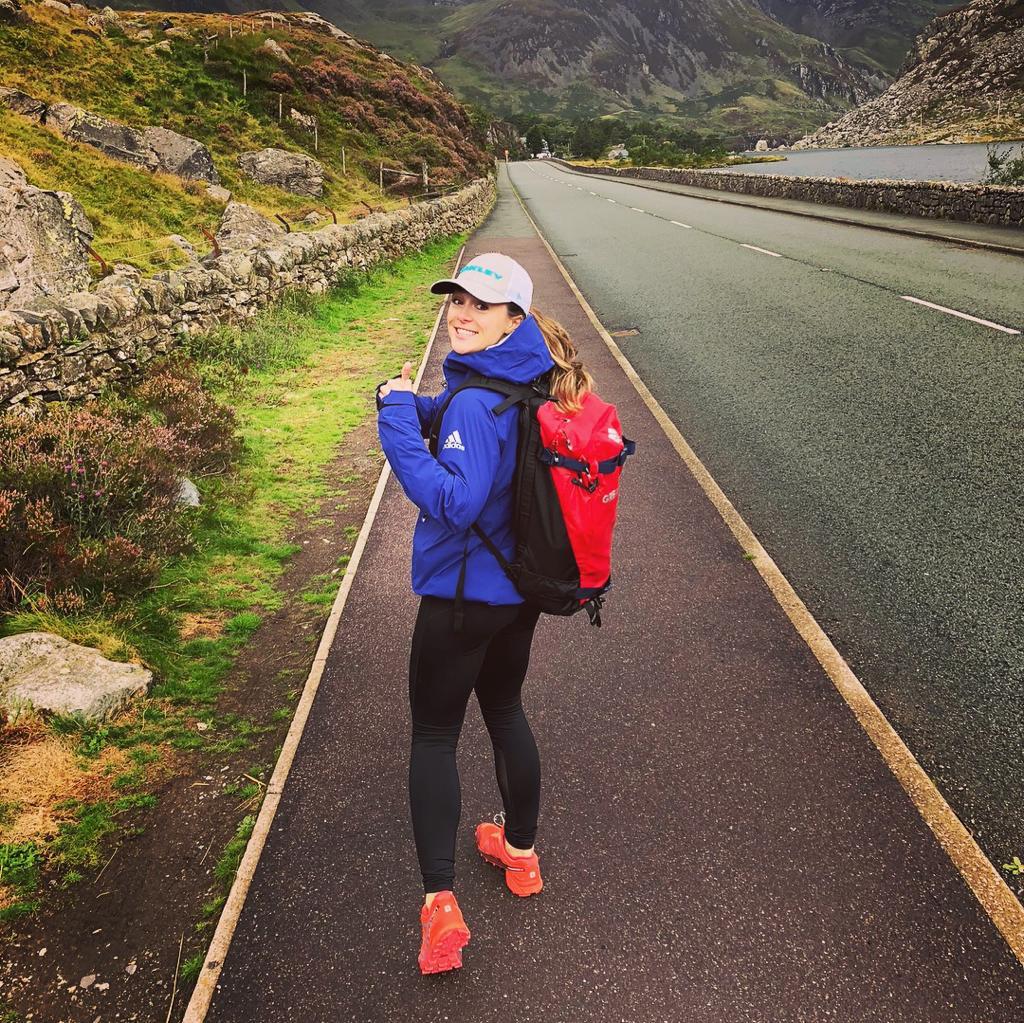
While she’s helping our athletes minimise their risk of injury and maximise their physical potential, no two days are ever the same for physio Abi Okell.
How and why did you get into physiotherapy?
“I was always interested in the human body when I was growing up and thought I would like to be a nurse or doctor. When I was 12, I had an ACL injury whilst skiing and went on to have lots of physiotherapy and rehab so I could return to skiing. From this point, I wanted to be a physiotherapist!”
What kind of experience and education do you need?
“Physiotherapy is a competitive and tough degree. Typically, you need Grade A and B results across 3 A-Levels, including one of the following subjects – Biology, Human Biology, or Physical Education. Most universities will invite you for an interview before offering a place to study. During the interview, they will want to ask about your experiences with the public. If you can get some work experience in a healthcare setting, that is beneficial, as it will improve your understanding of the diversity of population accessing health and social care and what the role may entail.”
If you think you may be interested in a Physiotherapy career, this website can help you with lots of information…
Become a physiotherapist | The Chartered Society of Physiotherapy (csp.org.uk)
What are your main activities as a physiotherapist?
“I would say the main role of a physiotherapist working within sport is to minimise the risk of injuries and help athletes be ready to perform at their best physical ability.
“The last 18 months have obviously been a bit different and this has involved a lot more video calls and virtual assessments. I have been leading regular Pilates sessions on Zoom for our World Cup athletes to help improve body awareness, trunk and hip strength, and mobility. We have also come up with ways to do our pre-season physical testing via Zoom for those athletes we have not been able to see in person. Pre-season testing can help us identify any areas of weakness that may increase risk of injury. We can then create a prehabilitation programme to go alongside the athlete’s strength and conditioning programmes.
“When I do get to travel with the squad, my main activities include daily wellness monitoring, guidance with morning activation and warm ups, observation of training on snow to consider how this may link to any previous or ongoing injuries and any prehabilitation work, management of any ongoing injuries, and assistance with recovery strategies. It is also important to keep in regular contact with other members of the team, including strength and conditioning coaches, the performance lifestyle coach, sports psychologist, team doctor and obviously the athlete’s snow coach, to make sure we are all working towards the same goals.”
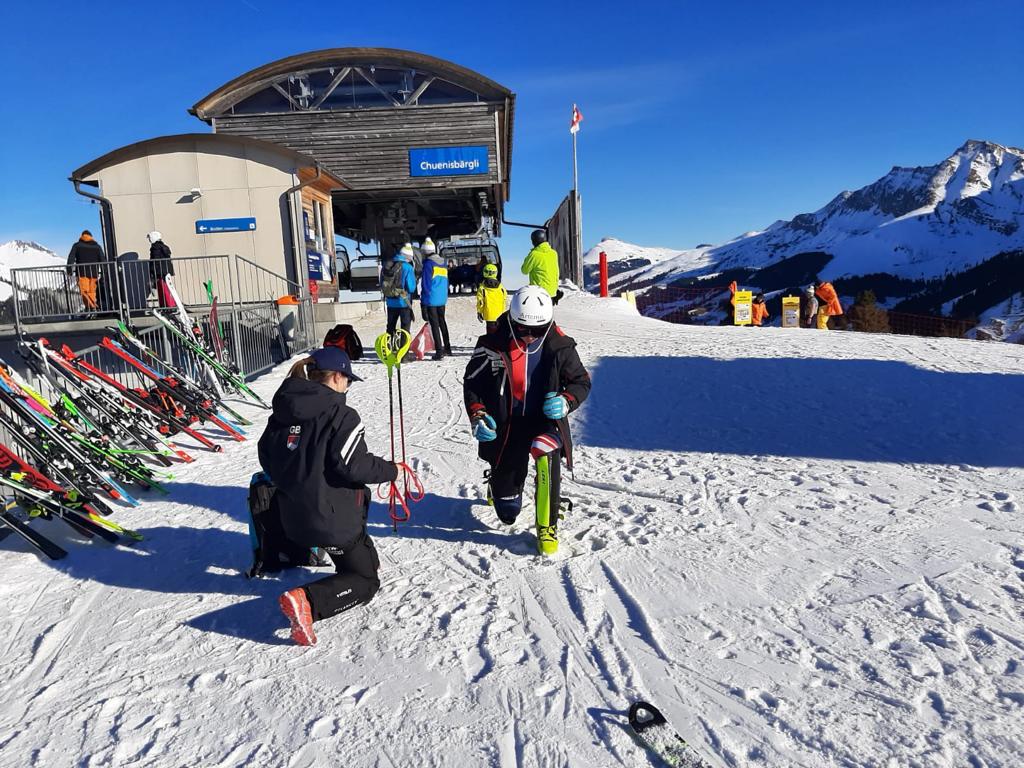
How do your services support the athletes and help them reach their goals?
“As a physiotherapy team we always encourage the athletes to report any ‘niggles’ early, so that we can assess them before they start to have a big impact on training. This can help prevent an injury becoming chronic and causing an athlete to miss training sessions.
“Following pre-season physical testing or any injuries, we will create a ‘Resilience Programme’ to help the athlete overcome any areas of weakness and minimise future risk of similar injuries.
“During the race season, we will help optimise recovery between races using active recovery strategies, such as Pilates or Yoga and hands on physiotherapy skills.”
What are the most common injuries you find yourself treating?
“Quite a few athletes will suffer with back issues at some point during the season. Typically, this will be during an intense training or racing block, or when returning to a discipline they haven’t trained recently. This is something we will try to manage and prevent using the Resilience Programmes and prehabilitation work.”
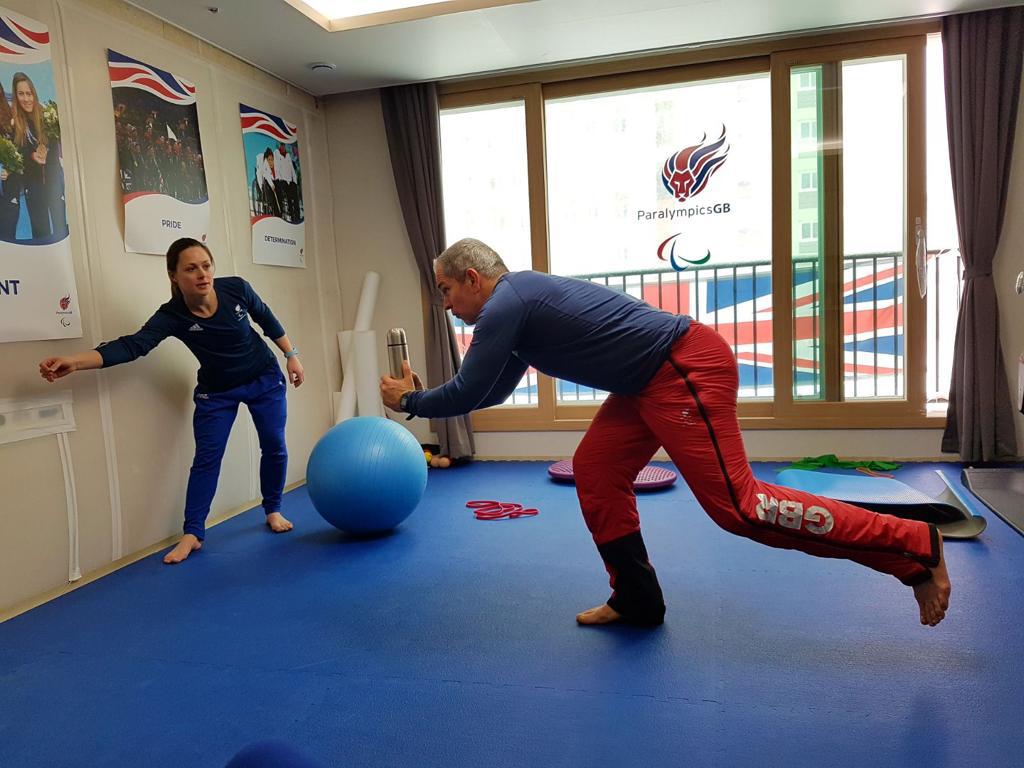
How are sport injuries different to day-to-day injuries?
“With sport injuries, the cause is sometimes more obvious, so there may be less detective work to do! However, there is usually more pressure to get back to training and competition quicker, so it is important to do a thorough assessment to help define the injury or issue and create the best management plan. The time of year or season may affect how we manage the injury and how quickly we aim to return to snow.”
What’s the best part of your job as a physiotherapist?
“The best part of my job is that no day is the same. When I am not working with the team, I am based at two private physiotherapy clinics in Chester and Wilmslow, so I really do see a large variety of injuries and a diverse age range of patients.
“Obviously one of the perks of working with the ski team is the travel. I feel so lucky to travel for my job, even if it can get tiring living out of a suitcase!
“The biggest reward has to be seeing an athlete return to their full potential following an injury and achieving their goals.”
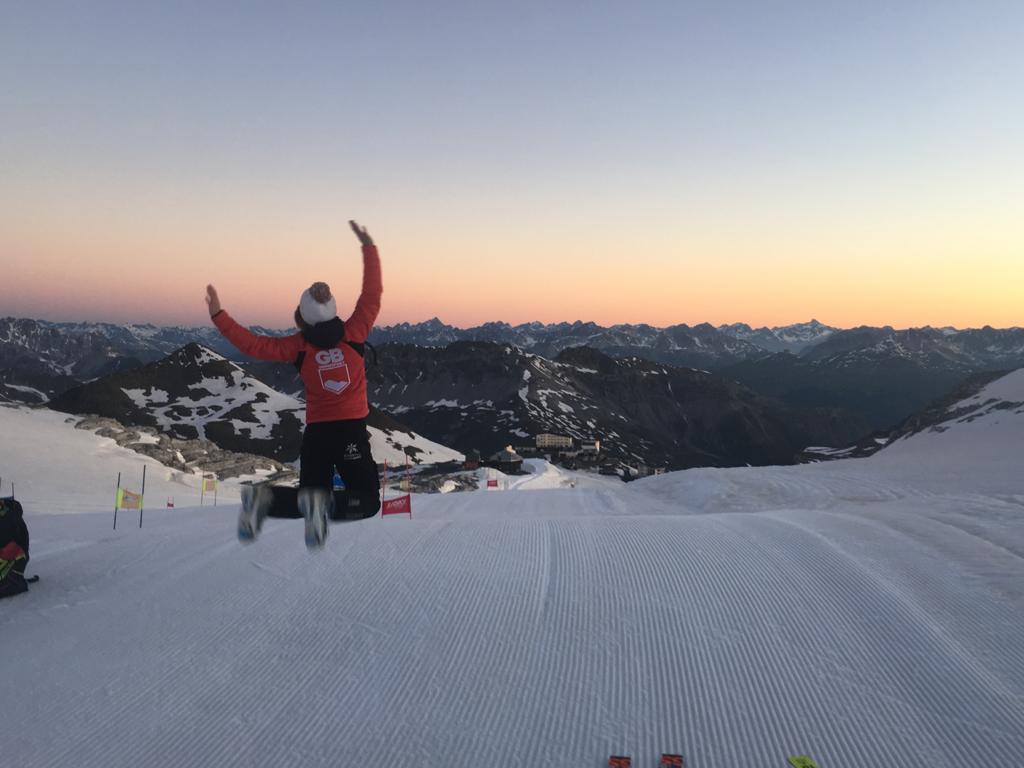
You can follow Abi on Twitter at @AbiOkell.
 Share
Share